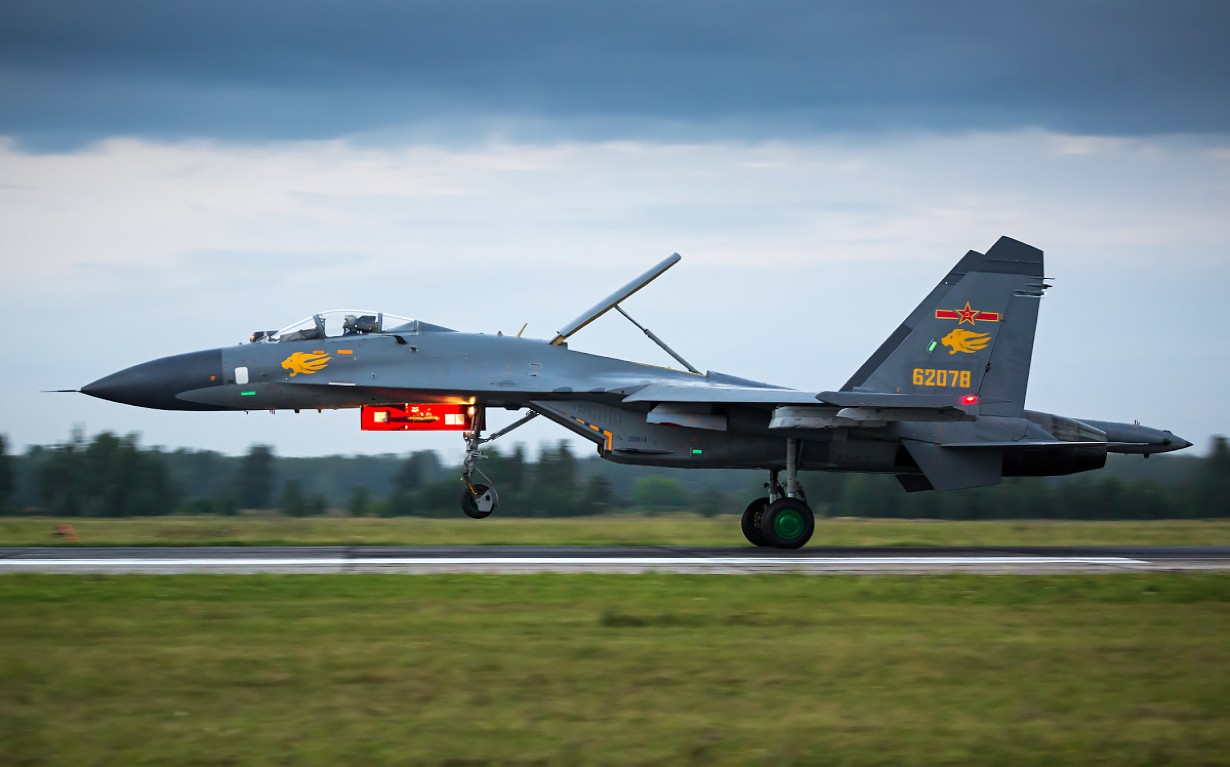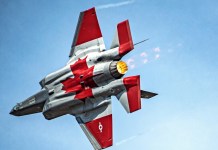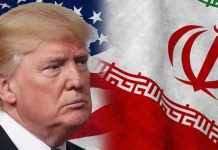Days after a Chinese fighter jet almost rammed into a US spy plane, there are reports that Chinese pilots fresh out of training school are being sent to carry out patrol missions in the contested South and East China Seas.
Chinese fighter pilots fresh out of training college have been assigned to combat-ready patrol missions around the country’s southeast coast as the air force battles an increase in close-range surveillance flights by foreign aircraft, Hong Kong-based South China Morning Post reported citing a CCTV report.
According to CCTV’s news feature broadcast on January 14, junior pilots have been sent to patrol the East and South China Seas to chase away foreign aircraft a month or less after completing fighter pilot training.
Further, almost all graduates of the PLA Air Force went through a fighter pilot training program where they learned how to handle the growing threat of close-range reconnaissance by foreign aircraft.
The Chinese military experts have asserted that the People’s Liberation Army was speeding up warfare training for the newly graduated pilots to deal with the incursions, mainly by American jets.
Without going into specifics regarding the foreign aircraft, the CCTV broadcast said that the rigorous training program forced young pilots to acquire real-world air conflict techniques and countermeasures quickly.
This revelation, however, comes just a few weeks after a Chinese J-11 fighter of the People’s Liberation Army Navy (PLAN) came within 10 feet of a US Air Force (USAF) RC-135 aircraft over the South China Sea (SCS). The incident occurred on December 21, forcing the US plane to take “evasive maneuvers” to “avoid a collision.”
The RC-135 intelligence, surveillance, and reconnaissance (ISR) planes are a group of aircraft built for several types of surveillance on radio, radio frequency, and communications emissions. “The PLAN pilot flew an unsafe maneuver by flying in front of and within 20 feet of the nose of the RC-135,” the INDOPACOM said in a statement.
US military ships and aircraft frequently patrol and conduct surveillance missions in the Indo-Pacific region. China’s claims of the South China Sea (SCS) coincide with those of Vietnam, Malaysia, Brunei, Indonesia, and the Philippines, which all have exclusive economic zones (EEZ) in the SCS.
According to flight monitoring data, the RC-135 was used twice in the western Pacific last year. Besides, on her visit to Taiwan, US House Speaker Nancy Pelosi was guided north, south, and east of Taiwan by an RC-135, E-3 Sentry Airborne Early Warning and Control (AEW&C), P-8A Anti-Submarine Warfare (ASW), and E-8 Joint STARS Airborne Ground Command and Control. All these aircraft are regular visitors to the region.
New Recruits Challenge Adversarial Spy Planes
A 24-year-old J-16 fighter-bomber pilot Song Zihao informed CCTV that he was called into frontline duty just one month after completing the postgraduate training.
“It was my first combat task, which required me to immediately transition from a training situation to a combat-ready air patrol,” Song said, adding he received the order because his jet was the closest to the scene. “I received radar warnings from foreign aircraft soon after heading to the scene, meaning my aircraft was targeted [by air-to-air missiles].”

Further, a senior J-16 pilot Li Chao told CCTV that the PLA pilots employed various tactics to thwart the intrusions, including disabling all electronic equipment to avoid detection and doing a full axial rotation to fly behind the adversary aircraft.
Li claimed that by rotating, they could acquire an advantage over the opposing aircraft and persuade them to end the confrontation.
It is also worth noting that the Chinese Air Force (PLAAF) accelerated the recruitment and training of pilots after China increased its warplane production.
According to a previous Global Times report, the People’s Liberation Army (PLA) Air Force has established a new personnel training program, and its first class of pilots trained on the J-10 medium-weight, single-engine, multirole combat aircraft graduated from the Shijiazhuang Flight Academy on July 24.
The sustained increase in Western spy planes in the region has also led to more incidents between the air forces of the two sides. For instance, an Australian P-8 Poseidon aircraft was intercepted by a J-16 in a hazardous maneuver last year. Similar accusations have also been leveled against the PLAAF fighter pilots by the Canadian fighter pilots.
US jets have reportedly boosted close-range spying flights in the East China Sea and the Yellow Sea since early December, according to Zhou Chenming, a researcher at the Yuan Wang military science and technology think center in Beijing cited by SCMP. According to CCTV, pilots from other areas are also being drafted to participate in missions elsewhere.
“The sustained increase in the number of close-in reconnaissance missions made by the American aircraft has pushed the PLA to produce more pilots capable of dealing with provocative moves made by the US,” Zhou said.
“That’s why many junior pilots have been forced to take missions beyond their capacities. But the PLA pilots are restrained because China doesn’t want the confrontation to become a military conflict.”
- Contact the author at sakshi.tiwari9555 (at) gmail.com
- Follow EurAsian Times on Google News




